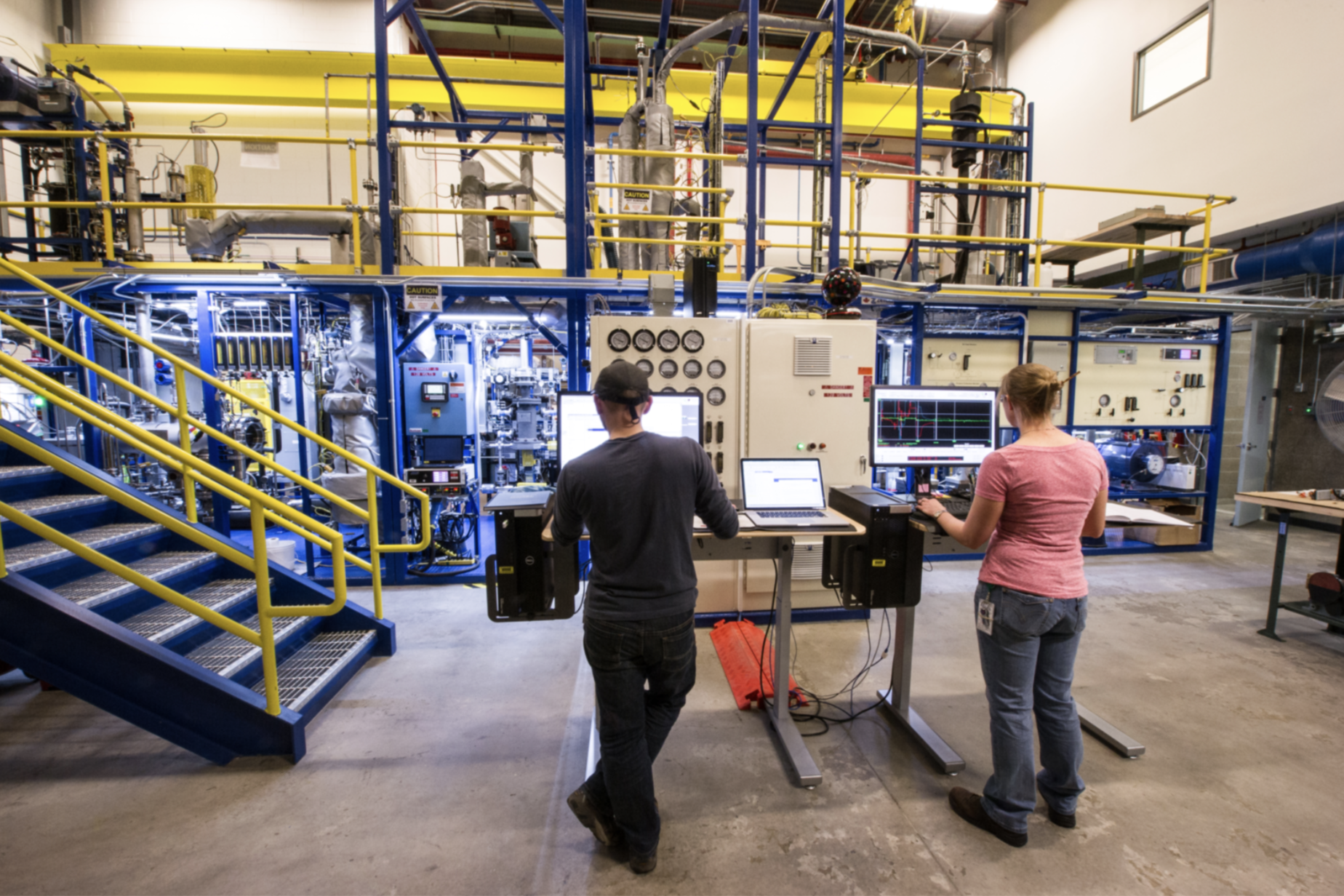
At Alder Renewables, we’re committed to creating practical, scalable solutions that help decarbonize transportation fuels. A major step forward in that journey is the successful completion of a pilot FCC co-processing campaign with the U.S. Department of Energy’s National Renewable Energy Laboratory (NREL).
Demonstrating Refinery Compatibility
The pilot testing was carried out using NREL’s Davison Riser Reactor, a facility designed to generate commercially relevant fluidized bed and regeneration data. Industry partners supplied the vacuum gas oil (VGO) and FCC catalyst used in the trials, ensuring the conditions closely matched those in commercial refinery operations.
In the campaign, Alder Renewable Crude (ARC)—derived from forestry residues—was co-processed alongside conventional VGO. The goal was to evaluate yields, product quality, and refinery operability when ARC is blended into existing FCC streams.
Strong Results with High Fuel Yields
The results were encouraging. ARC was successfully converted into high yields of liquid transportation fuels, with the biogenic portion of those fuels confirmed through radiocarbon (14C) analysis by Beta Analytics. Distillation and 14C testing further demonstrated that the product distribution was comparable to fuels produced from VGO alone.
Importantly, the analysis also showed significantly lower levels of trace oxygenates in both light gases and liquid products when compared to other bio-oils containing pyrolytic sugars. This finding underscores ARC’s potential as a cleaner, refinery-ready feedstock that integrates with existing infrastructure.
Looking Ahead: Scaling to Market
These results highlight the promise of ARC as a drop-in solution for refineries seeking to lower their carbon intensity without major changes to operations. The next phase of work will focus on FCC refinery trials with commercial partners, paving the way for ARC’s entry into the fuel supply chain.
“This campaign with NREL marks a key milestone for Alder. Demonstrating ARC’s compatibility with FCC units for coprocessing—one of the most widely used processes in refining—shows how our technology can deliver meaningful carbon reductions at scale with minimal capital investment,” said Derek Vardon, CEO of Alder Renewables. “We’re excited to take the next step with industry partners to prove this at commercial scale and bring low-carbon fuels closer to market.”
With each milestone, Alder is helping to build a future where renewable feedstocks power transportation more sustainably—without compromising on performance, scale, or cost.